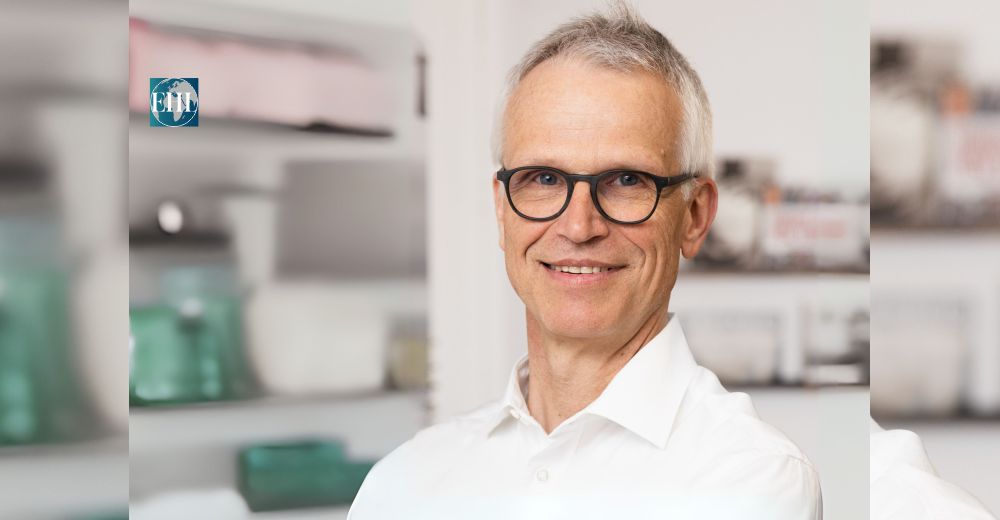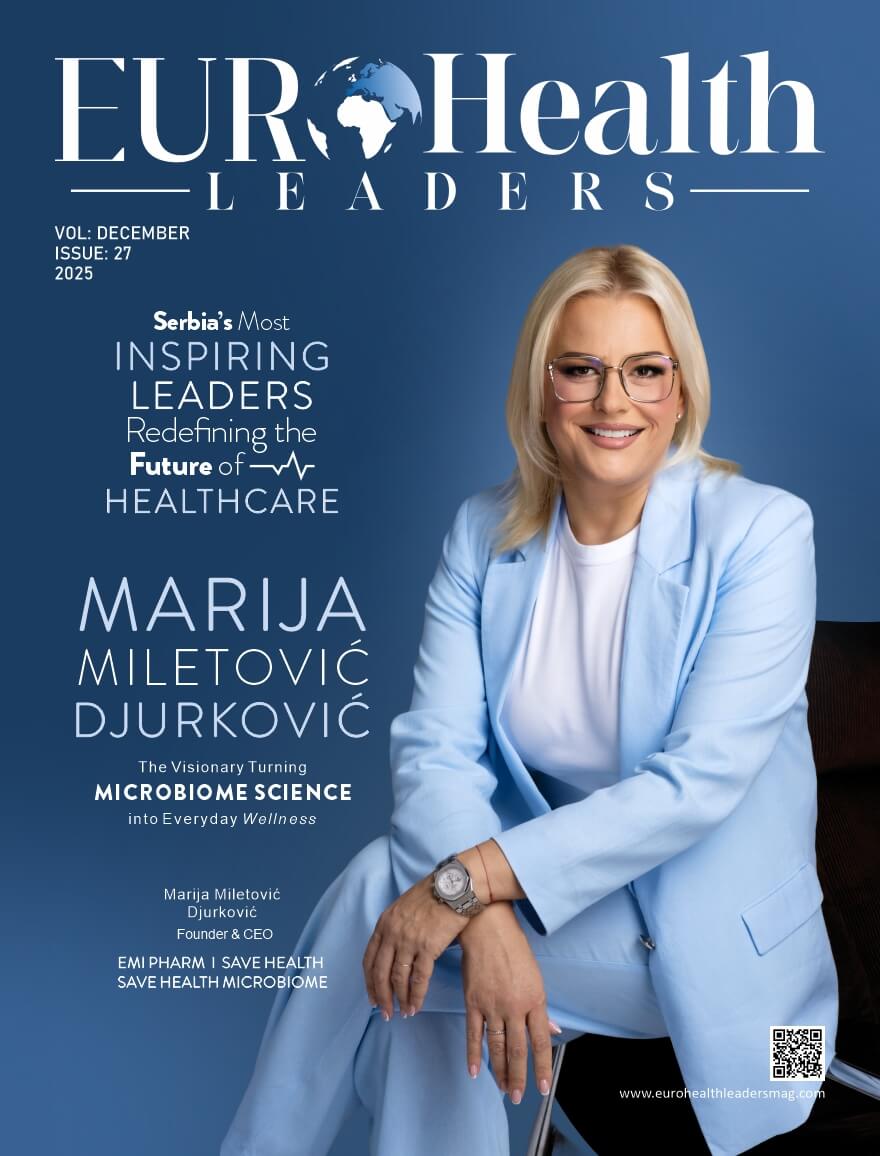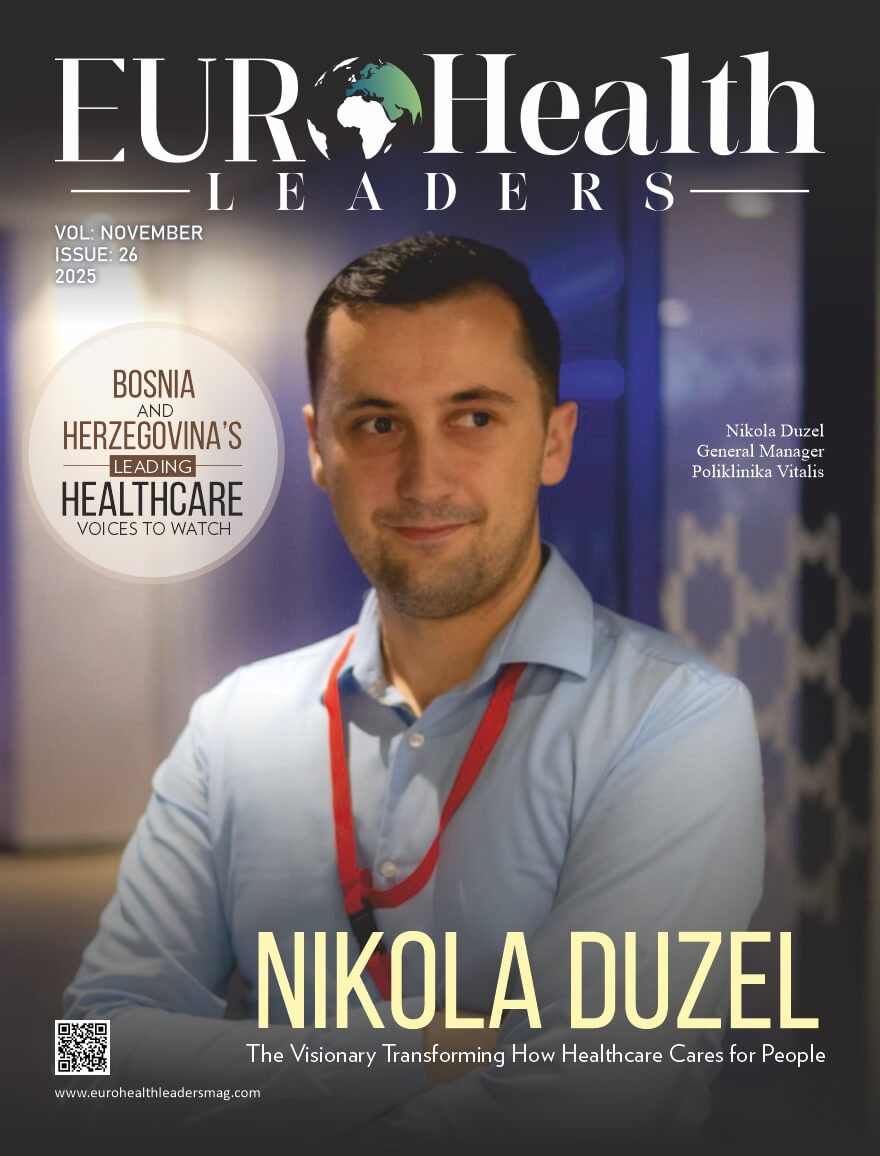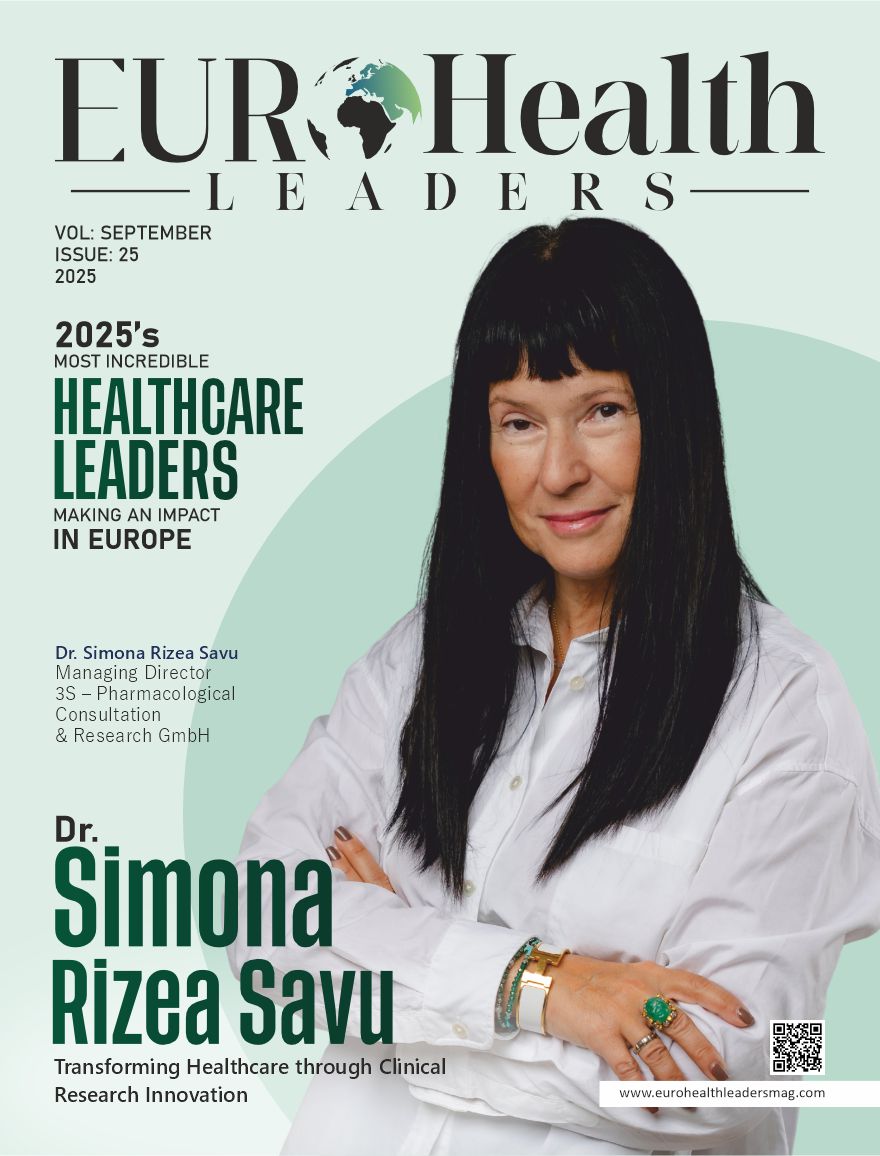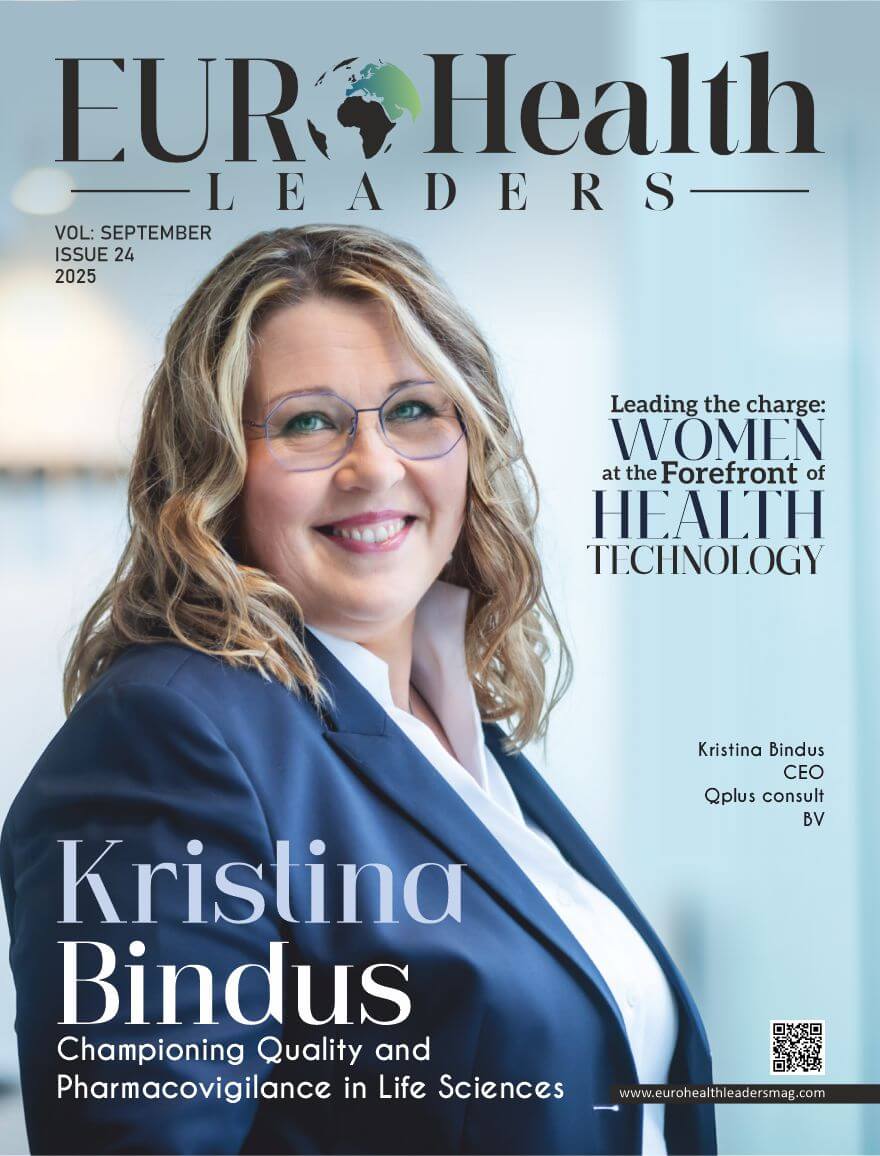Cancer isn’t a disease you can solve with a simple checklist. It’s complicated and doesn’t always follow the rules. Though research and technology have come far, treatments still fail sometimes. A tumor might be eligible for a certain treatment, but that doesn’t mean the treatment will make a difference for the patient. This gap shows how much we still don’t understand about how tumors react. In addition, this illustrates two contemporary challenges of oncology: over-treatment and undertreatment. These challenges not only impact healthcare costs but, more crucially, affect treatment outcomes, leading to suboptimal clinical results.
This is where PredictionStarTM steps in. The idea is simple, don’t just look at contemporary markers of treatment eligibility and intensity; consider also tumor response and outcome predictors. If we can do that, treatment decisions will be smarter, less uncertain, kinder, and tailored to eliminate each person’s unique cancer. The challenge? It’s a massive one. But there are leaders pushing hard to make this a reality, and Wolfgang Hackl is one of them.
With 20 years in the oncology world and a sharp entrepreneurial mindset, Wolfgang is not just following the path; he’s reshaping it. As the CEO of OncoGenomX, he’s driving forward a new kind of cancer care, one that’s smarter, more personalized, and rooted in real biology, not just guesswork.
Let’s dive into the story of leadership unlocking the power of precision tumor-treatment pairing!
A Journey Defined by Insight
Wolfgang Hackl’s career trajectory exemplifies the rare blend of scientific rigor, clinical insight, and visionary leadership essential for innovation in healthcare. Over the past 20 years, Wolfgang Hackl has been deeply involved in the development of cancer drugs, contributing to more than 30 research and development projects. Impressively, about two-thirds of these projects progressed to clinical trials, with five achieving FDA approval, milestones that attest to his technical expertise and strategic acumen.
Yet, his journey has been shaped more by the lessons learned than by the accolades. “Before Cancer R&D, I was dedicated to patient care and research. Along the way, I realized a crucial gap: Today’s focus on markers that provide oncologists with important information about which treatments and which treatment intensity apply. However, the question of efficacy and clinical efficiency remains open until the final treatment results are available,” he explains. The insight, that despite cutting-edge diagnostics and excellent innovative drugs, we are not able to apply the latter optimally, became the focus of his mission to advance cancer diagnostics and treatment.
“For consistent tumor response and lasting tumor control to become the norm, a paradigm shift is needed,” Wolfgang Hackl argues. He continues: “We must stop relying solely on risk factors and eligibility markers. Both are instrumental for modern cancer therapy. But it is indispensable to complement them by reliable response and outcome predictors. The path to this goal: Understanding of the biological mechanisms behind treatment efficacy. Biomarkers to determine the functional status of these mechanisms. AI-supported, learning prediction models rooted in tumor- and patient-specific data and clinical experience.”
Wolfgang Hackl’s decision to change focus from cancer drug development to development of therapy decision support tools was not only fueled by scientific and entrepreneurial interest but also by personal motivations. “It is simply unsatisfactory to be left prioritizing a therapy based on historic population-based probabilities, knowing there is a 1:1 chance that the recommended therapy may not be optimal,” he explained.
“Our discovery of the mechanisms of action behind more than 20 breast cancer drugs, the phenotypic and genetic markers used to measure the functional state of these mechanisms, the modes by which these markers are interconnected, and the advances in AI-supported data analysis and predictions showed a path towards identifying the most effective and least toxic treatments, every single tumor, every patient,” he reflects. This pivot highlighted Wolfgang Hackl’s belief in the power of scientific progress to redefine cancer from a one-size-fits-all illness into a complex, individualized disease allowing nuanced interventions.
The Birth of OncoGenomX
The inception of OncoGenomX and its flagship software, PredictionStarTM, arose from Wolfgang Hackl’s recognition of two fundamental issues in contemporary oncology: the inadequacy of existing tests to reliably predict therapeutic response and the prevailing reductionist approach that targets cancer drivers without accounting for the treatment-specific biologic drivers of tumor response.
“Our approach has been to tackle these two blind spots. The inadequacy of existing tests with the PredictionStar MethodTM of predicting, which treatments a tumor is likely to respond to, and matching tumors and treatments accordingly. Secondly, by taking prognostic factors and drug targets for what they are, treatment intensity and eligibility markers, respectively, and complementing them by response and outcome predictors from the PredictionStar Biomarker SuiteTM,” he says. These gaps spurred the vision of fully active treatment combinations for each individual tumor, ending overtreatment for fear of undertreatment.
PredictionStarTM embodies this vision. It is a predictive marker driven and AI enabled therapy decision support system that combines clinical, biological, phenotypic and genotypic information into a coherent prediction model to match individual tumors with the anti-cancer drugs likely to yield tumor response and durable tumor growth control. The software’s ability to analyze over 20 anti-cancer agents against a tumor’s specific response profile represents a paradigm shift—from empirical treatment intensity and eligibility markers to predictive markers rooted in human cancers and outcome experience.
“We saw the need for a tool that understands the mechanisms driving tumor response and reliable and actionable pre-therapy outcome prediction. PredictionStarTM was born to fill that gap,” he notes. OncoGenomX’ s innovation is a testament to the power of Thinking Precision Oncology Different.
The PredictionStarTM Revolution
Overtreatment in breast cancer primarily arises from factors such as physicians’ concerns about legal actions, patient anxiety, and the need for absolute certainty.
A recent study comparing contemporary treatment practice with PredictionStarTM guided treatment proves that doctors’ fears are not unfounded: With the contemporary approach 56% of patients were at risk of receiving suboptimal combination therapy: In 44% of instances one treatment component was predicted to be suboptimal. In 12%, both components were likely suboptimal. In other words, 56% of patients were at risk of being effectively over-treated, despite receiving suboptimal treatment from a clinical perspective.
Conversely, individualizing first- and second-line treatment combinations using the PredictionStarTM algorithm decreased the expected risk of receiving suboptimal treatment
by 40 percentage points from 56% to 15%, while the costs for suboptimal treatments decreased by more than threefold (3.2 times).
“PredictionStarTM allows oncologists to optimize anti-cancer treatment combinations by combining components, each one highly likely to yield tumor response and durable tumor growth control, thus maximizing treatment success, reducing the success costs, and minimizing exposure to the toxicities of ineffective drugs.”
PredictionStarTM has the potential to produce tangible clinical benefits: improved outcomes at every clinical stage, longer-lasting treatment responses, and access to therapies grounded in biology and identity of response profiles rather than population-based probabilities. Ongoing clinical trials are designed to validate these benefits rigorously, aiming to transform PredictionStarTM from a groundbreaking tool into a standard of care.
Crafting a Culture of Collaboration and Shared Vision
Leading a company at the cutting edge of healthcare innovation demands more than technological brilliance; it requires strategic leadership that fosters collaboration across disciplines. Wolfgang Hackl’s approach revolves around four pillars that nurture innovation and ensure alignment with the company’s mission.
“I am a strong believer in: A Unified Vision: alignment, clarity, focus, and unity. Collaborative Structures: team work, knowledge sharing, effective problem solving. A Culture of Respect: trust, team spirit. Alignment: Mentoring and aligning internal expertise with external partnerships,” he explains.
This framework enables diverse teams of oncologists, researchers, data scientists, and business partners to work cohesively, breaking barriers that traditionally slow innovation. By valuing every perspective and encouraging transparent communication, Wolfgang Hackl cultivates an environment where new ideas thrive and rapidly translate into patient-centric solutions.
The Five Pillars of Innovation
Wolfgang Hackl’s leadership style is grounded in five core qualities that have become the driving force behind OncoGenomX’s success and culture: Visionary thinking, authentic communication, agility, empowerment, and resilient optimism.
- Visionary Thinking: Unleash transformative ideas.
- Authentic Communication: Build trust through transparency.
- Agility: Stay adaptive amid uncertainty.
- Empowerment: Encourage ownership and diverse input.
- Resilient Optimism: Sustain momentum through challenges.
Together, these qualities support navigating the complex and unpredictable nature of innovation. They have cultivated a resilient and innovative culture that pioneers new frontiers in cancer care.
Navigating Development Challenges Through Cross-Disciplinary Innovation
The path to developing the PredictionStar Treatment-Tumor MatcherTM and the Clinical Intelligence GeneratorTM was riddled with scientific and technical challenges, chief among them the question how the diverse datasets from a tumor are logically intertwined.
“Integrating clinical, biological, phenotypic and genotypic data was not enough. We concentrated on data sets, reflecting the on/off status of the machineries mediating treatment specific tumor response, biologically plausible, clinically actionable, and predictive,” Wolfgang Hackl recounts. Separating the wheat from the chaff in the various heterogeneous data sets required innovative computational frameworks that recognize biologic cause effect relationships and enabling meaningful clinical insights.
Another challenge was balancing AI model performance with clinical transparency. “Clinical interpretability and actionability: High-performing models can lack transparency. We combined machine learning with rule-based layers and involved clinicians in validation to build trust,” he explains. This hybrid approach ensured the models’ predictions were not black boxes but actionable insights understandable and trusted by clinicians.
These challenges fostered a culture of cross-disciplinary collaboration, integrating expertise from data science, biology, clinical oncology, and software engineering, resulting in a robust, practical tool with real-world impact.
Seizing Opportunities at the Convergence of AI, Genomics, and Clinical Science
Wolfgang Hackl’s entrepreneurial approach is distinguished by his focus on unmet clinical needs and his agility in rapidly validating innovative ideas. He remains deeply engaged with scientific advances and actively promotes partnerships across academia, diagnostics, pharma, and health IT.
“I focus on unmet needs, listen to stakeholders, and move quickly to validate ideas. I monitor advances in AI, genomics, and clinical science, looking for convergence. Partnering across academia, diagnostics, pharma and health IT allows us to scale faster and smarter,” he says.
This philosophy ensures that OncoGenomX remains at the forefront of innovation, accelerating the translation of scientific discoveries into impactful clinical tools. Wolfgang Hackl views innovation as an ecosystem endeavor, where connecting the right dots and acting with urgency are key to making breakthroughs accessible and scalable.
Expanding Horizons
Looking to the future, Wolfgang Hackl envisions OncoGenomX as a global leader not only in breast cancer but across a spectrum of cancers. The company plans to expand PredictionStarTM’s capabilities to lung, prostate, colon, and ovarian cancers, developing a pan-cancer intelligence platform that integrates diverse tumor types into a unified prediction engine.
“We aim to become the global leader in precision oncology: Expand PredictionStarTM to other cancers, e.g., lung, prostate, colon and ovarian cancers. Scale our platform into a pan-cancer intelligence and prediction engine. Build international partnerships with health systems, diagnostics, and pharma,” he states.
This ambitious vision aims to redefine cancer treatment, research, and reimbursement globally, making precision oncology accessible to patients worldwide. Strategic collaborations with international health systems, pharmaceutical, diagnostics and health IT companies will facilitate broader adoption and integration into clinical practice.
The Personal Drive Behind a Life’s Work
Behind Wolfgang Hackl’s passion is a personal story that drives him. He has personally observed how standard, one-size-fits-all cancer treatments often fall short, failing to align with individual biology or deliver significant benefit to patients.
His leadership goes beyond professionalism; it is genuinely human, motivated by a commitment to reduce suffering and enhance patient outcomes through innovation. This emotional connection adds urgency and purpose to every decision and strategy at OncoGenomX.
Words of Wisdom for Aspiring Swiss Healthcare Visionaries
Wolfgang Hackl’s advice to aspiring healthcare visionaries is simple but powerful. “Start with a real-world issue, not just a theoretical idea, and solve it. Stay close to patients and providers, be bold but collaborative. Innovation in healthcare is a team sport,” Wolfgang Hackl encourages. This approach, grounded in humility, collaboration, and a patient-centric mindset, has been the key to Hackl’s success and the driving force behind OncoGenomX’s pioneering work in precision oncology.
A Visionary Shaping the Future of Cancer Care
Wolfgang Hackl’s journey from a cancer drug developer to CEO of a precision oncology pioneer exemplifies the power of insight, leadership, and collaboration in transforming healthcare. Under his stewardship, OncoGenomX is turning the promise of personalized cancer treatment into a tangible reality, delivering tools that provide clinicians with unprecedented predictive power and patients with hope grounded in biology.
As the company expands its influence and innovations, it stands as a beacon of how Swiss healthcare visionaries are powering progress and shaping a future where cancer treatment is precise, effective, and deeply personalized. Wolfgang Hackl’s story is an inspiration to all who believe that science, leadership, and empathy can come together to change the world.

